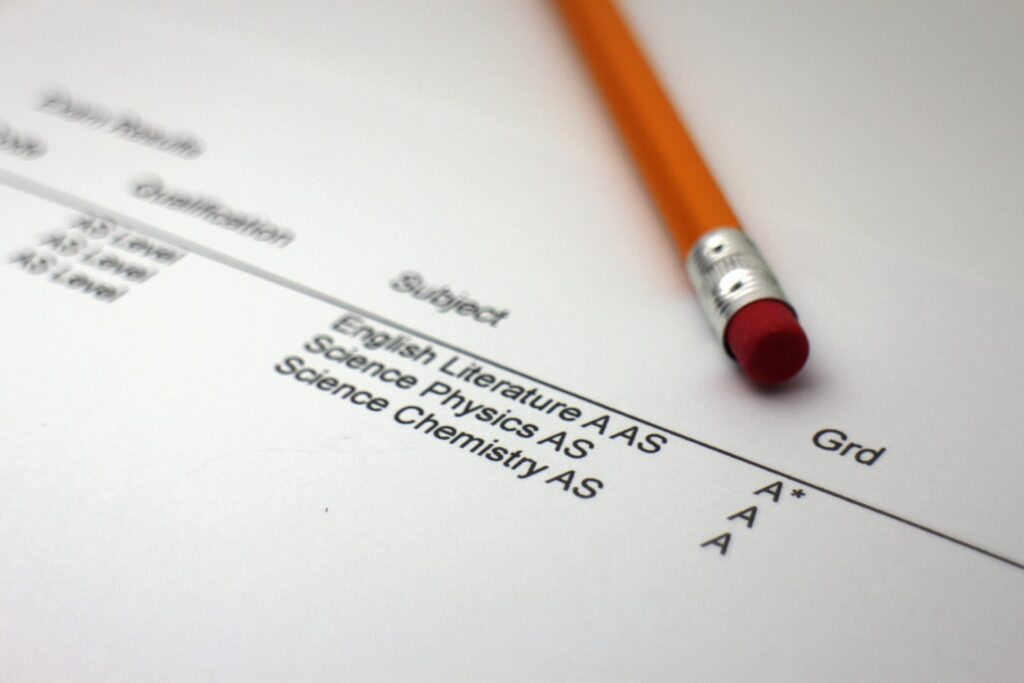Advanced British Standard – Are A-levels and T-levels Being Replaced?
Prime Minister Rishi Sunak has announced a new qualification, the Advanced British Standard, set to replace A-levels and T-levels for 16 to 19-year-olds in England. The reform aims to merge academic and technical subjects and is expected to be fully implemented by 2033-34.
What Changes to Expect in the UK Education?
Under the proposed Advanced British Standard, students will experience several key changes in their educational journey. Traditionally, students after GCSEs have chosen A-Levels to specialise in three or four subjects. Students often compare A-Levels and the International Baccalaureate (IB) when deciding the best pathway, considering factors like learning style, subject focus, and university preferences. Meanwhile, T-Levels provide a more technical route for those seeking vocational experience.
The new qualification will require students to study a minimum of five subjects. Importantly, this will include some form of maths and English up to the age of 18. The new system aims to offer a blend of both academic and technical education, providing young people with more comprehensive skill sets and greater flexibility in their future career options.
Who is Funding the Advanced British Standard Reform?
The UK Government has pledged an initial funding of £600 million over two years to support the rollout of the Advanced British Standard. The government has earmarked this funding for recruiting and retaining teachers, a critical move given the expanded subject choices and increased classroom hours. To further incentivise teaching in key subjects, it offers educators tax-free bonuses of up to £30,000 over the first five years of their careers.
✏️ “We now need to build on this record by transforming post-16 education. The plan we have set out today – backed by an initial £600 million of new support – represents real, meaningful reform that will put technical and academic education on an equal footing and ensure that all young people leave school or college knowing the basics in maths and English.” – says Rishi Sunak.
When Should We Expect ABS to Replace A-levels and T-levels?

The Department for Education (DfE) plans to implement the Advanced British Standard as a long-term endeavour, aiming to have it in place by 2033–34. The first students to experience this new system will be those currently entering primary school. However, we should note that these reforms are not yet set in stone. The government plans to launch a consultation process, followed by a white paper next year to outline the specifics of implementation. Furthermore, the full realisation of these plans is contingent upon the Conservative Party winning the next general election.
Impact on Students
Undoubtedly, the introduction of the Advanced British Standard is set to have a profound effect on the educational pathways available to students. By doing so, the new system aims to produce more well-rounded individuals, ultimately equipping them with a diverse skill set. This broader curriculum could potentially open more doors for young people, whether they choose to go into higher education, apprenticeships, or straight into the workforce.
However, the increased number of subjects and classroom hours also means a heavier workload for students. Educators and policymakers have yet to determine the impact of this change on student well-being and stress levels, making it a crucial aspect to monitor as the new system rolls out.
For instance, IGCSE offers a wide range of subjects similar to GCSE, covering core and elective areas like English, Maths, Science, and the arts. The main difference between GCSE and IGCSE is in structure, GCSEs often include coursework, while IGCSEs rely more on final exams and are popular in international schools. Both are now equally challenging, especially since the 2017 IGCSE updates. Students coming from different educational backgrounds, including those who have completed IGCSEs, will also need to adapt to this evolving qualification structure.
As the educational landscape changes, it’s important to recognise how these shifts affect students across various pathways. Whether they’re progressing from GCSEs, IGCSEs, or other KS4 qualifications, all students will need support in adjusting to the demands of new systems such as the Advanced British Standards.
Public Opinion and Concerns
Teacher Concerns
There is skepticism about the government’s ability to recruit and train enough competent teachers to implement the changes effectively. Some argue that these ambitious plans might be a case of “government by wishful thinking.”
Children with Learning Difficulties
Concerns have been raised for students with dyslexia or other learning difficulties. The compulsory study of English and maths until 18 may negatively impact their overall grades.
Political Viability
Many question the feasibility of these reforms, pointing out that they will only materialise if the Conservative Party wins the next general election.
Flexibility and Specialisation
Several individuals question the necessity of merging vocational and academic subjects, arguing that the current system allows for specialisation, which many students and parents prefer.
Curriculum and Assessment
Some question whether more classroom time is necessarily beneficial, mentioning that the existing systems already provide a good balance of classroom teaching and self-study.
International Comparisons
The International Baccalaureate (IB) is brought up as an existing alternative that is both comprehensive and internationally recognised. Instead of creating a new qualification, it’s suggested that existing ones like the IB could be expanded.
To Finalise
In summary, the Advanced British Standard proposes a significant overhaul of post-16 education in England, blending academic and technical learning. Backed by initial government funding and subject to political and public scrutiny, the proposed changes aim to be in place within the next decade. As with any ambitious educational reform, the coming years will be crucial in determining whether these plans come to fruition.








